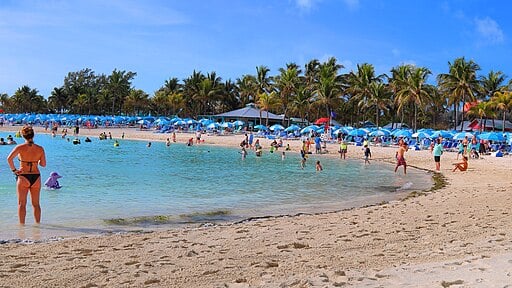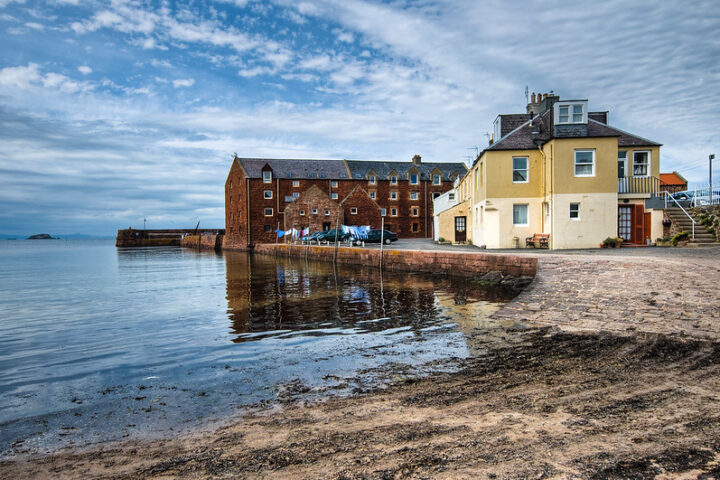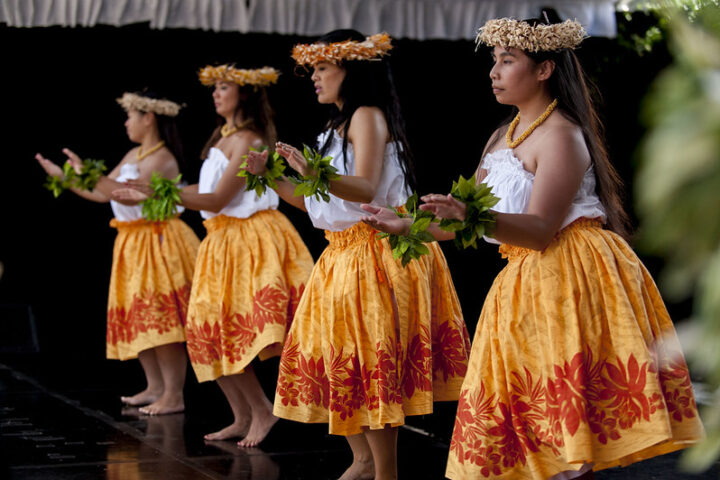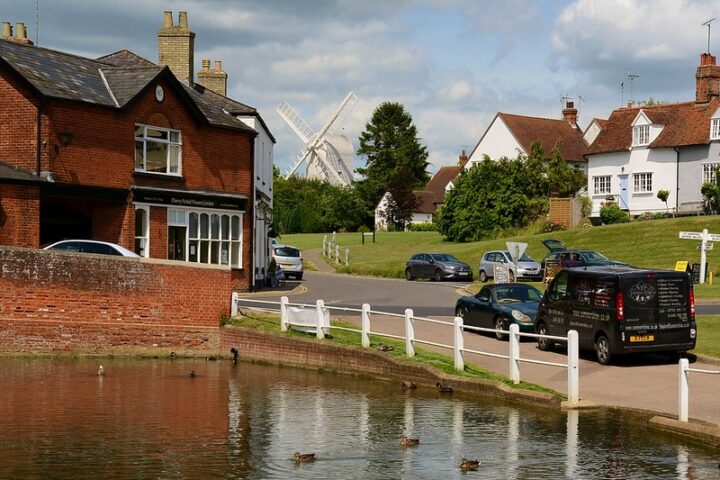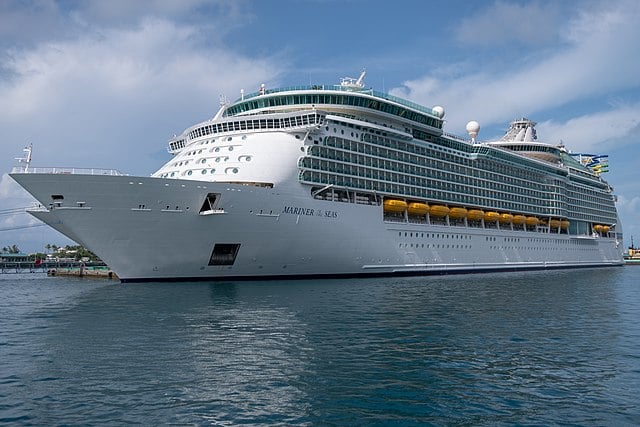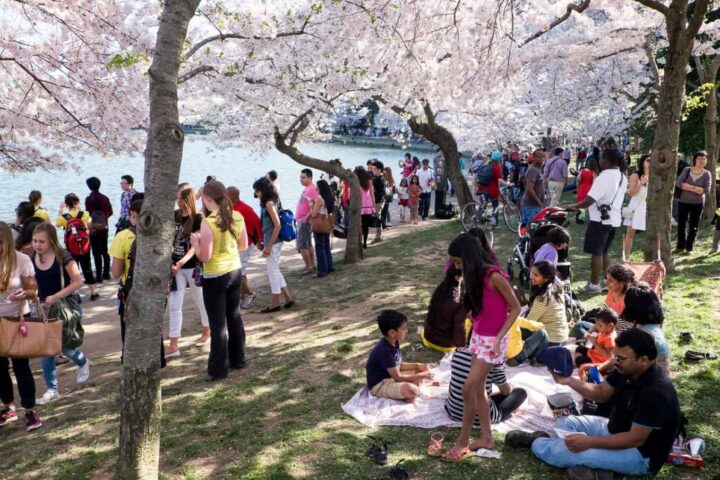Lanzarote is one of the Canary Islands off the coast of West Africa. It was known
for its year-round warm weather, beaches and volcanic landscape. But now it is also known for wine production. With its desert climate, wine production is a surprise to most.
Let us understand the history of wine production in Lanzarote:
- Lanzarote was affected by volcanic eruptions between 1730 and 1736.
- Due to these eruptions almost 30% of the island was affected. Fertile soil got buried under lava and volcanic ash known as picon.
- In time, farmers learnt that a vine would flourish when planted into the soil under the picon. Picon retains moisture and locks it into the earth allowing the hardy vines to survive.
Vine growing in Lanzarote is defined by deep hollows and curved dry stone walling, known as zocos. The zocos protect the vines from the strong north easterly trade winds.
Volcanic ash helps farming in many ways. The lava and volcanic ash cover helps in absorbing excess moisture while farming. It traps the heat and reduces evaporation hence speeding the process of growth as well.
The Canary Island vineyards are one of the oldest in the world. Wine Tours in Lanzarote gives tours to visitors in a fun and informal way in the beautiful Lanzarote Island. Guests are also taught about the unique cultivation, wine making process and of course the wines.




